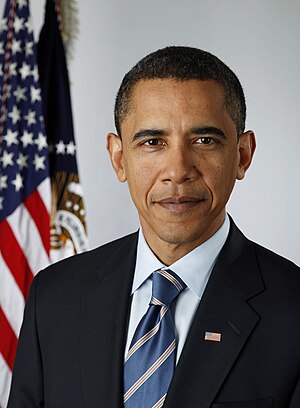Here in very red state Utah, two people were heard discussing current events. When the discussion turned to the recent death of bin Laden, one person stated that she didn’t believe anything that Obama said. The other person agreed. That exchange started me thinking about what informs their opinions. Where do they get their information and why do they reach the conclusions they do?
My wife works in a local office, and she tells me that staff meetings are frequently preceded by criticism of Barack by the participants waiting for the meeting to begin. Before my recent retirement, I worked at a local hospital with mostly much younger co-workers. We didn’t discuss politics often, but when we did, most seemed impervious to argument.
When I seek the news on TV, I flip from MSNBC on the left to CNN in the center to Fox on the right in an effort to escape the ubiquitous commercials. Here in Southern Utah, CNN is labeled the Communist News Network. Rush Limbaugh and Glenn Beck are both popular here. The local branch of Barnes and Noble features many titles “authored” by Glenn Beck.
The local newspaper features mostly conservative guest columns. The same day my neighbors were discussing the death of bin Laden, there was a column in the paper authored by Michelle Malkin entitled, “The fog of the fog.” In that article, she criticized the White House for the apparent confusion in the release of the details of the raid that killed bin Laden. I have read, with difficulty, two of her books that criticize Barack Obama and his administration. It is hard to believe that any person or group of people in government could be so evil or incompetent.
In the 2008 presidential election, John McCain ran a mistake-ridden campaign, and the economy was lurching toward a possible Great Depression 2. It was not surprising that Barack won under those circumstances, and barring a bad economy, I expect that he will be victorious in 2012. The election should not be close, but a high unemployment rate may make it closer than it would be otherwise. Barack won handily in 2008, but the margin of victory was 5 to 10 points less than I had expected, and I attribute that to a lingering Bradley effect in some parts of America.
When I moved to Southern California in 1965, I started watching the local news on TV and that news concentrated on Los Angeles. Tom Bradley was a member of the Los Angeles City Council after a career with the Los Angeles Police Department. I was highly impressed with Tom Bradley. In my seventy years, I have been highly impressed with only three politicians before Barack Obama, each from a different party, Barry Goldwater, Tom Bradley and Ralph Nader.
In my younger days, I voted the straight Republican ticket. When Tom Bradley decided to run for governor of California, I decided to vote for him, since he was the better candidate. Apparently many others agreed with me; the polls showed him winning. However, when the votes were counted, he had lost to George Deukmejian, a largely unknown candidate from Long Beach. Deukmejian served two four-year terms and then returned to relative obscurity. Bradley continued serving as Mayor of Los Angeles for a total of 20 mostly successful years.
Although Barack Obama is our first African-American president, the Bradley effect still exists in parts of America. It is very hard not to attribute some of the local hostility to him to the Bradley effect. The balance of opposition to him and his policies can be either philosophical or due to mis-information. The media available to and chosen by local residents is neither fair nor balanced.
Filed under: Barack Obama, Politics Tagged: Barack Obama, Bradley Cooper, Glenn Beck, Los Angeles, Michelle Malkin, Ralph Nader, Rush Limbaugh, Tom Bradley

